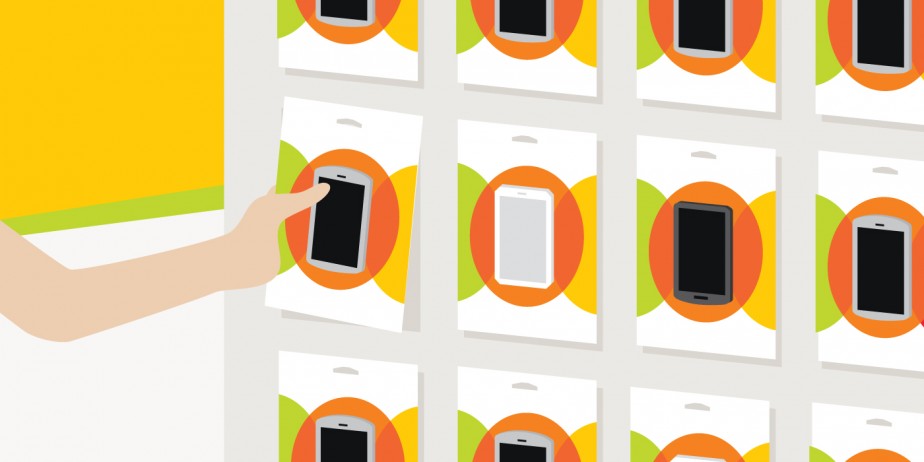
All the major carriers are moving away from traditional two-year contracts, and leasing options are now springing up. But plenty of variations exist.
You may lease a car or rent an apartment, but what about a smartphone?
What Does it Mean to Lease Your Phone?
All of the major wireless carriers now offer leasing plans, in which a customer pays a monthly fee to use their phone, and they can then trade it in for the latest model whenever they like.
But you never actually own your phone. Sure, we don't typically use our old phones, but when they can be sold for cash, do you really want to just hand them over?
The big advantage of these leases though is the lack of up-front costs. Even subsidized with a two-year contract plan, a new top-of-the-line smartphone can easily cost you $200 out of pocket on top of the monthly service fees. And for those who want a new phone every year, one of these programs can even save money by letting them upgrade more regularly, without penalties or the need to pay for a pricey, full-cost smartphone.
Goodbye, Subsidized Phones!
Unfortunately, even if you don't like the idea of leasing rather than owning, you may be stuck with it regardless, as carriers continue to move away from the two year contract.
Sprint plans to only offer leases by the the end of 2015 while both T-Mobile and, more recently, Verizon, offer no contracts but instead require you to pay for your device in full up front or spread the cost out over your monthly payments. (These non-contract plans, however, aren't quite a lease; you can keep your phone once you've paid it off or you can trade it in to get an early upgrade, which is more lease-like.)
Of the major carriers, AT&T is the only hold out in offering traditional two-year contracts — and even it's transitioning away from them, promoting their own AT&T Next program instead.
So if subsidized phones plans are on the way out, is leasing how should you pay for your next phone?
When Not to Lease a Phone
You'll want to avoid, or more carefully consider, a lease or upgrade plan if:
- You typically keep your phone for more than two years, in which case leasing may not be the most economical option.
- You reuse your old smartphones (for example, as hand-me-downs for kids or other family members).
- You want to sell your old smartphone yourself. You may find that you could get more cash by selling your old phone on eBay or Craigslist instead of turning it back in to your carrier.
- You're particularly hard on your phones and it may not be in good condition after a year or two.
Every Major Carrier's Leasing / Upgrade Plans
Despite the above caveats, lease and upgrade plans can be money-savers for some consumers, particularly those that want a new phone once a year (or more often). Let's take a look at what these lease-style plans offer to figure out whether they're worth the cost or not.
Please note that all of these deals have additional fees if phones are damaged, lost, or stolen, but also offer protection plans for an additional cost.
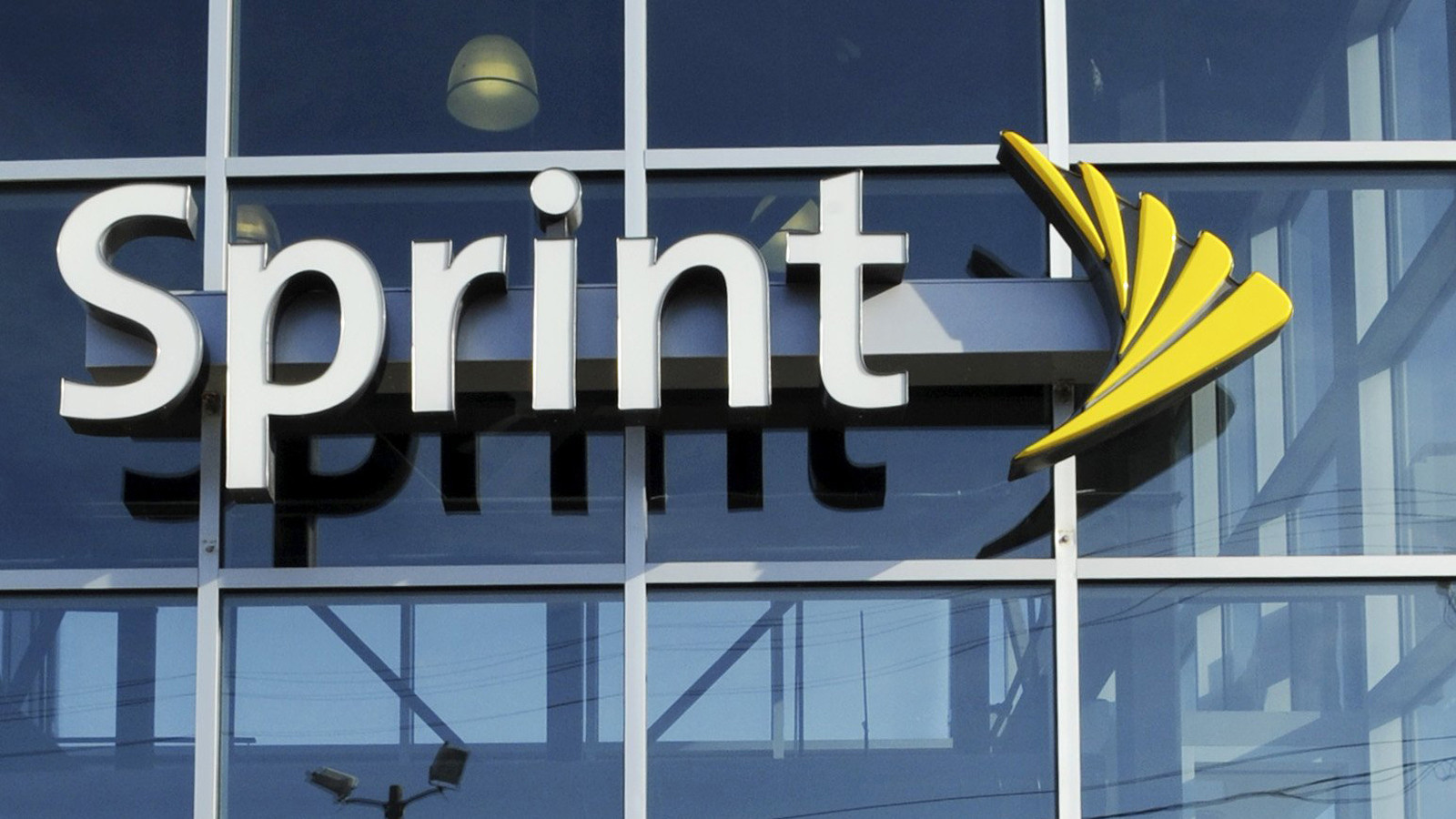
Sprint Lease
Lease Android phones, iPhones, or iPads for 24 months at a time. With a 24 month lease period, this plan isn't that much different from a traditional two-year contract — but you don't need to pay for your device up front and you hand it in at the end. You save $336 leasing a 16GB iPhone 6 instead of buying with a two-year contract, which is about equal to what the device would be worth after two years.
Protection Plan: Total Equipment Protection plan which has a monthly fee of $9 to $13.
How Often Can I Upgrade?: Yearly with the iPhone Forever plan, yearly for any customer paying an extra $10 a month for Sprint's Early Upgrade program, every two years on other plans.
Cost for a New 16GB iPhone 6 Over Two Years: $1,920 (Sprint Lease) or $1,800 (iPhone Forever) for a plan with unlimited talk, text, and data.
Is It a Good Deal?: Yes, as long as you don't upgrade your phone more than once every two years (which adds to your costs) and it doesn't get lost, stolen, or broken.
The best value here is the iPhone Forever plan, which is currently available at a discounted rate of $5 less per month than Sprint's standard lease (if you trade in your existing smartphone) — saving you an additional $120 over 24 months, plus giving you an annual iPhone upgrade. However, this is a limited time offer with no suggestion of when it expires.
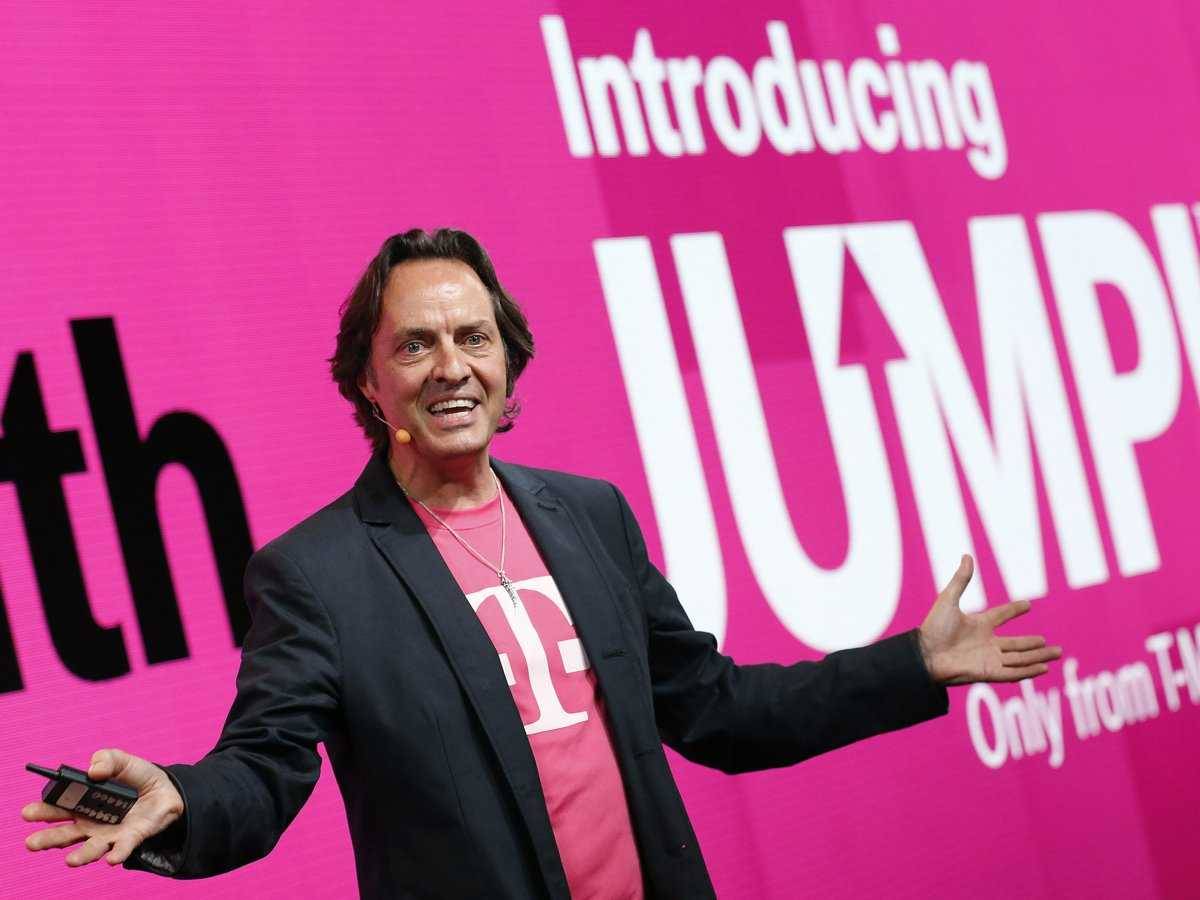
T-Mobile Jump on Demand
Jump on Demand lets you upgrade up to three times a year. And though not all phones are eligible, the ones you want (like iPhone 6 models or Galaxy S6 models) probably are. Jump on Demand is an 18-month lease plan where you pay a fixed amount (between $15 and $30, depending on the phone) on top of your plan cost, and whenever you upgrade to a new phone, you'll trade in your old model. At the end of your lease period, hand over your phone and sign up for a new lease or pay a fixed price to buy the phone.
Are you a less aggressive upgrader? T-Mobile's standard two year plans with Jump service let you upgrade annually for an extra $10 a month, which includes insurance. You can trade in your phone for a new one after a year or continue with your existing phone for as long as you'd like, keeping it after the two year period is up.
Protection Plan: An extra $8 per month.
How Often Can I Upgrade?: Three times a year, though only select devices are available.
Cost for a New 16GB iPhone 6 Over 18 Months: $1,350 for a plan with unlimited talk, text, and 3GB of 4G LTE data. (Data after this point is free, but slower.) If you want unlimited data, you can get it for a total cost of $1,710 over the same period. Note that this plan is six months shorter than some others.
Is It a Good Deal?: The $15 a month Jump on Demand plan matches the low price of Sprint's current iPhone Forever deal — and it offers more frequent upgrades, though iPhone fans won't likely be interested in upgrading more than annually. However, for Android aficionados who want to jump to the latest devices whenever they're out, this is likely a good deal.
Though T-Mobile's more reasonably priced plans don't offer unlimited data, one bonus is that T-Mobile plans don't charge for data used for music streaming on the most popular services, including Spotify, Rdio, Google Play Music, and Apple Music.
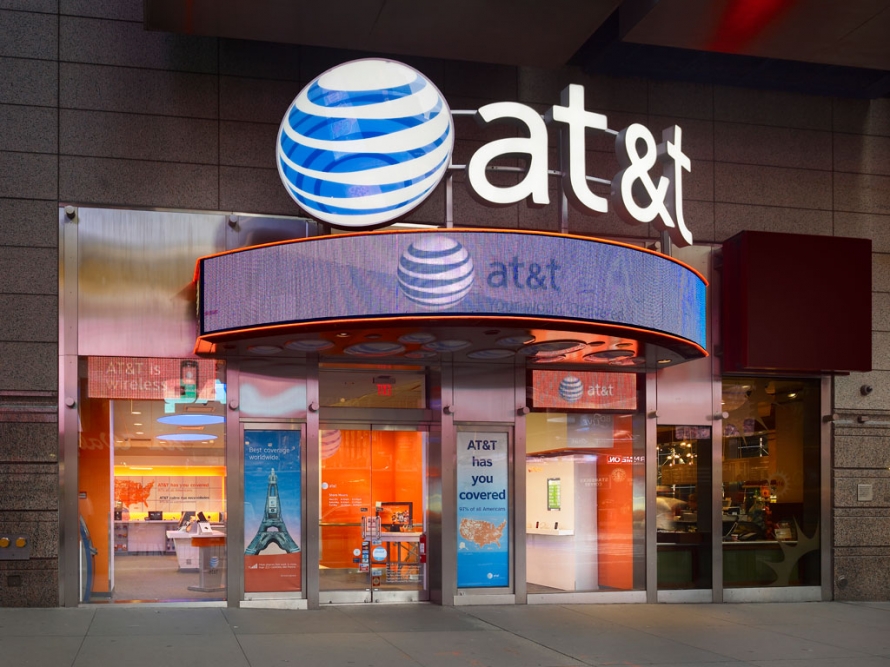
AT&T Next
AT&T Next is far and away the most complicated of the lease plans available. You sign up for a Next 12, Next 18, or Next 24 plan, which will allow you to upgrade after 12, 18, or 24 months, respectively. You can also choose a Next plan with down payment, where you pay 30% of your phone's cost up-front and can upgrade after 12 months.
But here's where it gets confusing: Next 12 is a 20 month plan, Next 18 is a 24 month plan, Next with down payment is a 28 month plan, and Next 24 is a 30 month plan. Confused? Remember that the plans are named after how often you can upgrade, not how long it takes to pay off your phone.
If you upgrade, you'll turn over your existing phone to get a new one. But if you choose not to upgrade, you can keep your phone at the end of the contract regardless.
Protection Plan: $6.99 a month to insure your phone against damage, theft, or loss.
How Often Can I Upgrade?: Every 12, 18, or 24 months. If you want to upgrade more often than that, you'll have to pay off 12, 18, or 24 months of installment payments (or just get T-Mobile Jump on Demand, which is a better deal for aggressive upgraders).
Cost for a New 16GB iPhone 6: Up to $2,315, depending on the plan.
- Next with down payment: $195 up front and $2,010 over 28 months (for a total of $2,205) for a plan with unlimited talk, text, and 2GB of data.
- Next 12: $1,765 over 20 months for a plan with unlimited talk, text, and 2GB of data.
- Next 18: $1,985.16 over 24 months for a plan with unlimited talk, text, and 2GB of data.
- Next 24: $2,315.10 over 30 months for a plan with unlimited talk, text, and 2GB of data.
Is It a Good Deal?: AT&T's pricing is competitive with the other plans on this list, though it's a bit harder to tell due to the odd plan durations. But like with Verizon, AT&T offers no unlimited plans which may make heavy data users balk. If you need more, you can get it for a cost: you'll pay $20 more a month for 5GB or $60 more a month for 15GB. While AT&T's plans do offer you more flexibility on when to upgrade, the biggest drawback here may well be the complicated choices and prices.
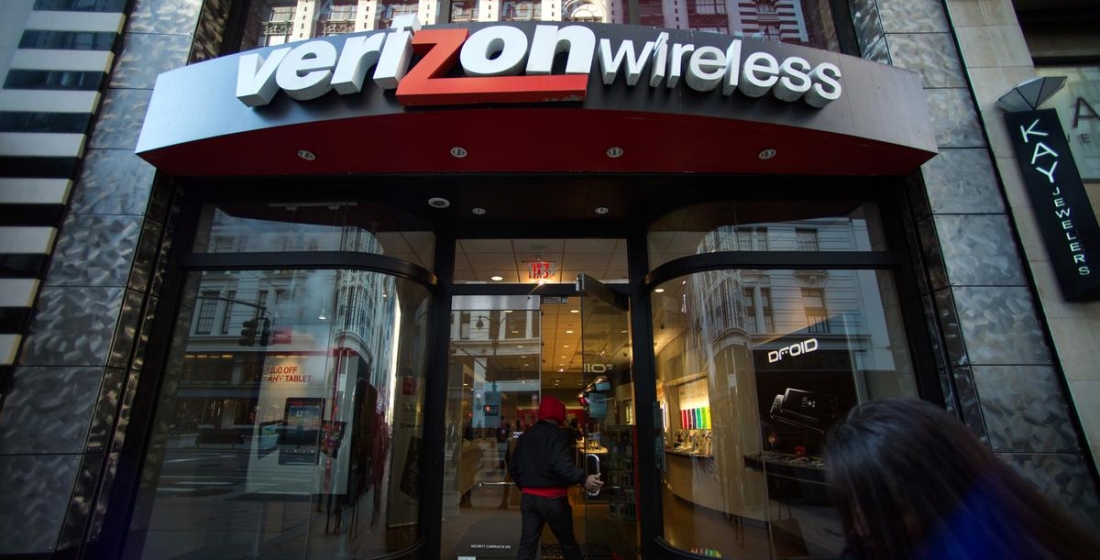
Verizon Device Payment Program
Pay for the full cost of your smartphone over two years. You can upgrade at any time for an additional cost.
Protection Plan: An extra $3 to $11 per month to insure your device.
How Often Can I Upgrade?: As often as you'd like, though you'll have to pay for your device in full first. Typically, Verizon will let you trade in your phone rather than paying it off once you've had it for 12 months, but upgrade deals vary.
Cost for a New 16GB iPhone 6 Over Two Years: $2,209.22 for a plan with unlimited talk and text and 3GB of data.
Is It a Good Deal?: It's neither really a lease plan nor an upgrade plan, but it's the only game in town for Verizon customers. Though the overall price is higher than Sprint's offerings, it may well be a better deal for people who want to keep their phones longer than two years. After the initial two year period, your monthly bill will drop by $27.08 a month (the cost you were paying for the phone), going from $92.08 a month to $65.
However, the deal-breaker here may be Verizon's lack of unlimited plans, as heavy data users will pay a premium ($107.08 a month for 6GB and $127.08 a month for 12GB).
Love Them or Hate Them, Leases Aren't Going Away
Leasing your smartphone isn't always a bad deal, though you'll want to consider how you use your phone (and read the fine print on your lease agreement) before signing up. But whether you love leases or hate them, all of the carriers are moving away from subsidized, two-year contracts — so now is the time to figure out which new option is right for you.
Readers, do any of you lease your phone?
Elizabeth Harper is a contributing writer at dealnews. Republished with permission.
